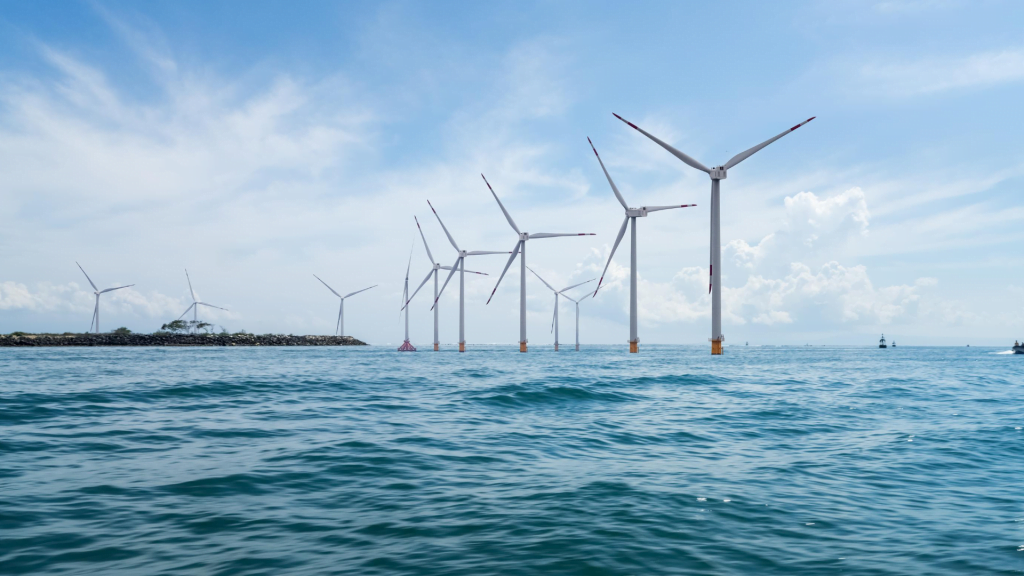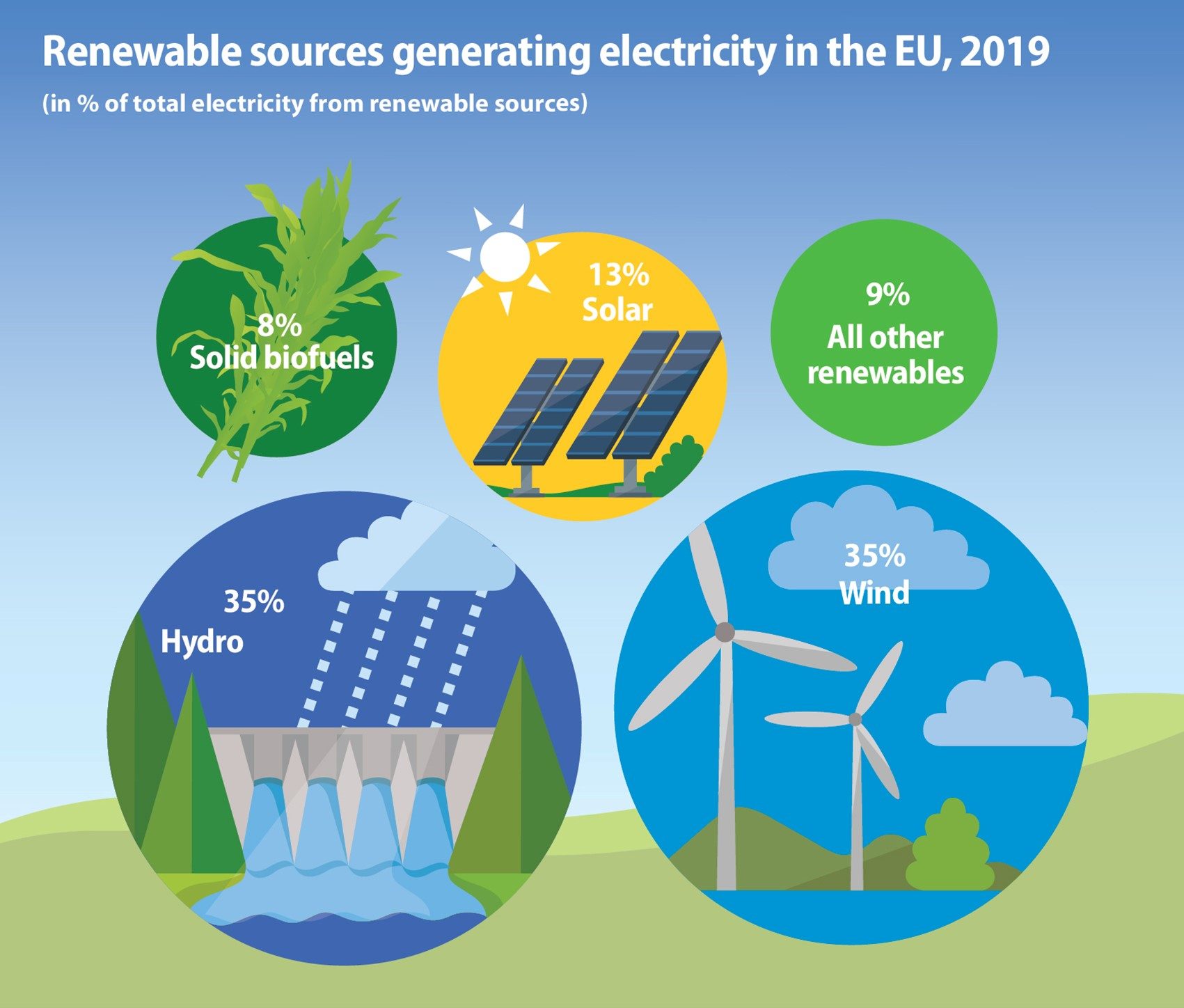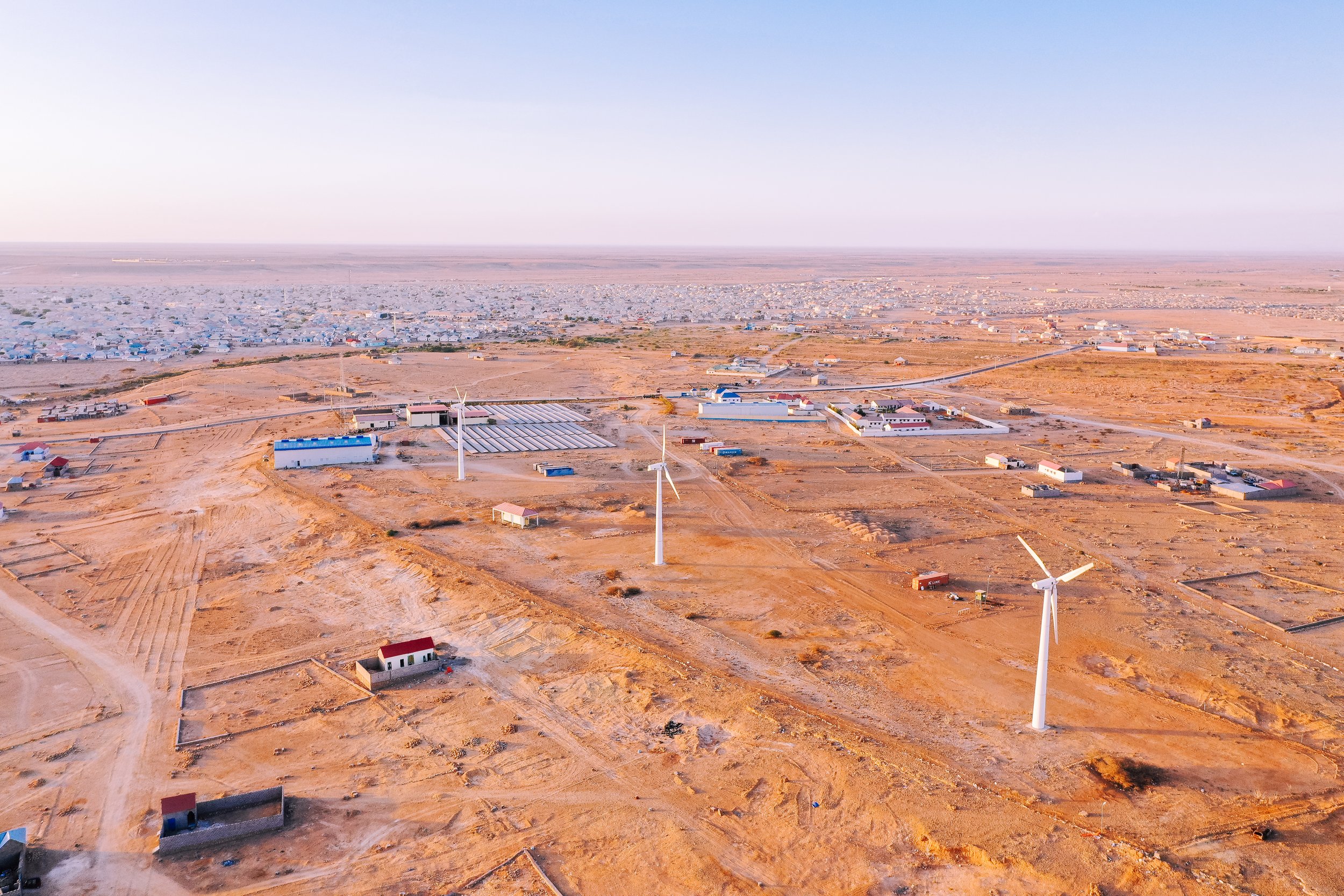
Ocean Energy Diplomacy: Bridging Nations through Renewables
Introduction
Ocean Energy Diplomacy is a concept that focuses on utilizing ocean resources to promote sustainable energy solutions and foster international cooperation. This article provides an overview of this topic and its relevance in the global context.
Historical Background
Ocean energy has a rich history dating back several decades. Initially, it was explored for its potential to generate electricity. Over time, advancements in technology and increased interest in harnessing this renewable resource have shaped the field. Milestones include the deployment of the first commercial-scale wave energy converter in the 1990s and the establishment of the International Renewable Energy Agency’s Ocean Energy Technology Collaboration Program in 2005.
Key Concepts and Definitions
Ocean Energy Diplomacy involves diplomatic negotiations, international cooperation, and the use of renewable energy sources. It aims to bridge nations by harnessing ocean energy for sustainable development. Understanding terms such as renewable energy sources, diplomatic negotiations, and international cooperation is crucial to grasp the concept of ocean energy diplomacy.
Main Discussion Points
Environmental Benefits: Ocean energy has the potential to significantly reduce carbon emissions and combat climate change, contributing to global sustainability goals outlined in agreements like the Paris Agreement.

Economic Implications: Ocean energy diplomacy can create jobs and foster economic growth, particularly in countries involved in the development of ocean energy projects. It also offers economic advantages associated with clean energy sources and energy independence.
Technology and Innovation: Advancements in ocean energy technologies facilitate international cooperation. Collaboration and knowledge sharing among nations help overcome challenges and accelerate the development of sustainable ocean energy solutions.
Case Studies or Examples
The European Marine Energy Centre (EMEC) in Orkney, Scotland, serves as a successful example of ocean energy diplomacy. It functions as a testbed for various ocean energy technologies, attracting companies worldwide to test and demonstrate their devices. Such initiatives highlight the outcomes and impacts of international collaboration, including technological advancements and economic growth.
Current Trends or Developments
Recent trends show a growing interest and investment in ocean energy projects globally. Countries are recognizing the vast potential of ocean energy and increasing research, development, and deployment efforts. Technological advancements, such as floating offshore wind turbines and new wave energy converter designs, push the boundaries of harnessing ocean energy.
Challenges or Controversies
Ocean energy diplomacy faces challenges, including conflicts over resource ownership and access. Disputes may arise regarding territorial rights and resource allocation as nations seek to exploit this renewable resource. Additionally, concerns about environmental impacts and the lack of regulatory frameworks for ocean energy projects need to be addressed.

Future Outlook
The future of ocean energy diplomacy holds potential for further research, innovation, and international collaboration. Areas for exploration include advanced technologies, improved regulatory frameworks, and international agreements to facilitate global cooperation. Sustainable development and renewable energy solutions will shape the direction of ocean energy diplomacy through collective efforts by nations.
Conclusion
Ocean Energy Diplomacy: Bridging Nations through Renewables offers a pathway for countries to address the challenges of sustainable energy solutions. By harnessing the power of ocean resources, nations can promote international cooperation, reduce carbon emissions, and achieve economic growth. This article provides a comprehensive overview of the topic, encouraging readers to delve deeper into the subject and explore its potential for global cooperation.

References
International Renewable Energy Agency. (n.d.). Ocean Energy.
European Marine Energy Centre. (n.d.). About EMEC.
United Nations Framework Convention on Climate Change. (n.d.). Paris Agreement.




